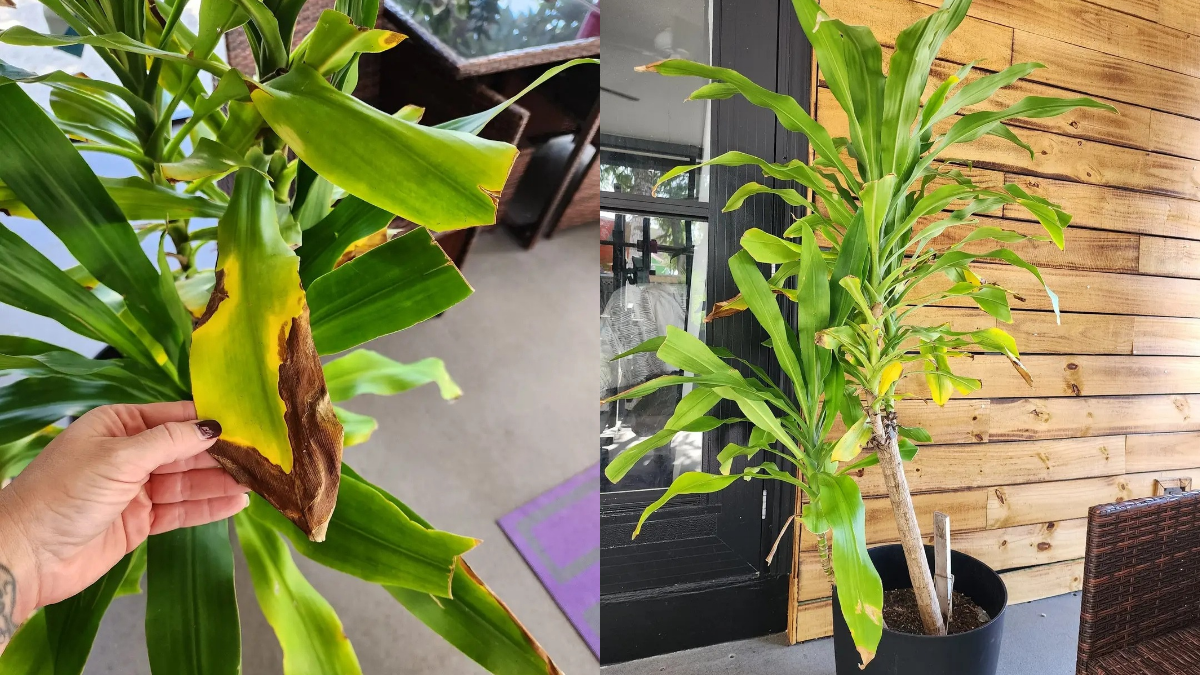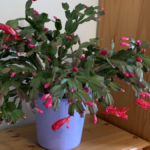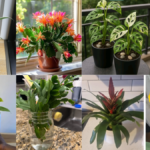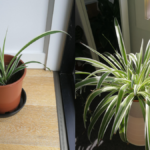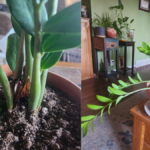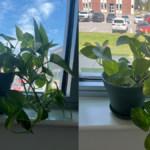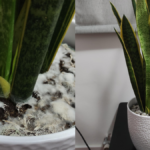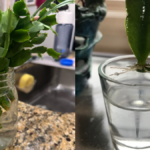How to Care for Corn Plant – Dracaena fragrans is easy and perfect for beginners who want a low-maintenance indoor plant. With the right watering, soil, sunlight, and temperature, this plant can grow beautifully inside your home or office. Known for its long green leaves and air-purifying benefits, the corn plant is one of the most popular houseplants. In this guide, I will share simple tips and my personal experience on , How to Care for Corn Plant step by step.
I have been growing different indoor plants for many years, and my corn plant has always been one of the most rewarding plants. It does not require much effort and still grows beautifully. Based on my gardening journey, I am sharing simple care tips so that even beginners can grow corn plants without confusion.
IN THIS ARTICLE
About Corn Plant
The corn plant (Dracaena fragrans) is a popular indoor plant, also called Dracaena. It looks similar to corn because of its long leaves, but it is not related to actual corn. This plant is native to tropical Africa and is loved as a houseplant worldwide.
| Plant Name | Corn Plant / Dracaena Fragrans |
|---|---|
| Type | Indoor Foliage Plant |
| Height | Up to 6 feet indoors |
| Light Requirement | Indirect sunlight |
| Watering | Moderate (when top soil is dry) |
| Special Feature | Air purifying indoor plant |
Quick Tips for How to Care for Corn Plant
- Water only when the top soil feels dry.
- Keep in bright indirect light (avoid harsh direct sun).
- Use well-draining soil with peat and sand.
- Maintain warm temperature (18–27°C) and medium humidity.
- Fertilize with liquid houseplant fertilizer once a month in summer.
- Wipe leaves with a damp cloth to keep them dust-free.
- Repot every 2–3 years when roots outgrow the pot.
Watering the Corn Plant
From my experience, the most important part of corn plant care is proper watering. Overwatering can easily cause root rot.
- Always check the top 2 inches of soil before watering.
- If it feels dry, water slowly until excess drains out.
- Never let the plant sit in standing water.
- In winter, water less frequently because growth slows down.
Tip: If the leaf tips turn brown, it can be due to tap water chemicals. Try using filtered or stored water.
Best Soil for Corn Plant
Corn plant grows well in well-draining soil that retains some moisture but does not stay soggy.
- Mix garden soil + sand + peat moss for good drainage.
- A ready-made indoor potting mix also works well.
- Make sure the pot has a drainage hole.
From my gardening practice, I always add a handful of cocopeat which helps keep the soil light and airy.
Sunlight Needs for Corn Plant
Corn plant does not like direct harsh sunlight.
- Best place is near a bright window with filtered light.
- It can also survive in low light areas, but growth becomes slow.
- Avoid keeping it in direct afternoon sun as it can burn the leaves.
In my home, I keep my corn plant near an east-facing window, and it grows perfectly.
Humidity and Temperature
Since the corn plant comes from tropical regions, it prefers warm and humid conditions.
- Ideal temperature: 18°C to 27°C.
- Protect it from cold drafts or AC air.
- If your home is dry, mist the leaves or keep a tray of water nearby.
During winters, I usually shift my plant away from windows to protect it from cold air.
Fertilizing Corn Plant
Corn plant is not a heavy feeder but still needs nutrition for healthy leaves.
- Use a balanced liquid fertilizer (NPK 10-10-10) once a month in spring and summer.
- Do not fertilize in winter when the plant rests.
- Over-fertilizing can damage the roots, so use a diluted solution.
I follow a simple routine: fertilize once in 30 days during the growing season.
How to Propagate Corn Plant
You can easily propagate corn plant at home. I have tried this many times and it always works.
- Stem Cuttings Method:
- Cut a healthy stem about 6–8 inches long.
- Place it in water or directly into moist soil.
- Roots will start growing in 4–6 weeks.
- Air Layering Method:
- Select a strong stem and make a small cut.
- Wrap moist moss around it and cover with plastic.
- After roots develop, cut and plant separately.
Common Problems and Solutions
Here are some common issues I faced while growing corn plant:
| Problem | Cause | Solution |
|---|---|---|
| Brown leaf tips | Fluoride or chlorine in tap water | Use filtered/stored water |
| Yellow leaves | Overwatering | Reduce watering, improve drainage |
| Drooping leaves | Low humidity or underwatering | Mist leaves, water properly |
| Slow growth | Low light or no fertilizer | Shift to bright spot, feed monthly |
FAQ – Corn Plant Care
How often should I water my corn plant?
Water your corn plant only when the top 2 inches of soil feels dry. Usually once a week is enough, but in winter you may need less.
Can corn plant grow in low light?
Yes, corn plant can survive in low light, but it grows better in bright indirect sunlight.
Why are the tips of my corn plant turning brown?
Brown tips are usually caused by tap water chemicals or dry air. Use filtered/stored water and mist the leaves for humidity.
Is corn plant safe for pets?
No, corn plant (Dracaena fragrans) is toxic to cats and dogs if eaten. Keep it away from pets.
Conclusion
Corn plant care is simple if you understand its basic needs of water, light, soil, and humidity. From my personal gardening experience, this plant is one of the easiest indoor plants to grow. It not only adds greenery to your home but also purifies the air. With the right care, your corn plant will stay healthy and beautiful for many years.
Read More Post
How to Grow Dracaena in Water (Easy Guide from My Gardening Experience)
